- Home /
- Acupuncture /
- Acupuncture knowledge /
- Contents
The Nourishing Effects of Acupuncture: Enhancing Health and Well-being
Everyone Is Watching
-
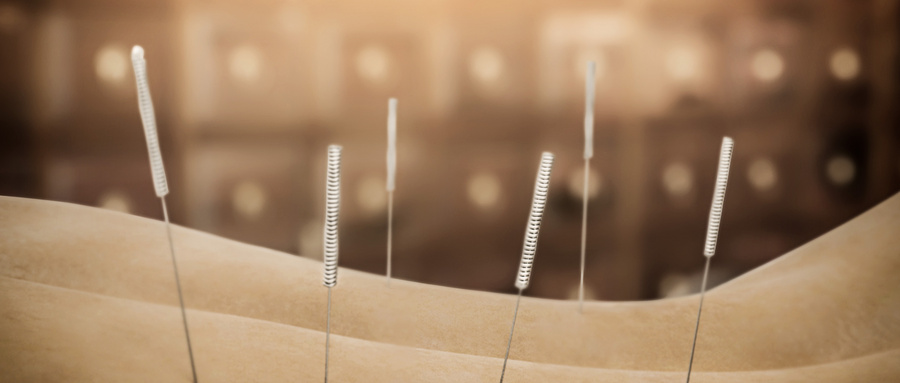 The Role of Acupuncture in Treating Infectious Diseases: An Ancient Therapy for Modern Health
The Role of Acupuncture in Treating Infectious Diseases: An Ancient Therapy for Modern HealthAcupuncture is one of the traditional Chinese medicine therapies that has been passed down to us from ancient times. It is still widely used today for health and medical purposes. Acupuncture has prov
April 15, 2024 -
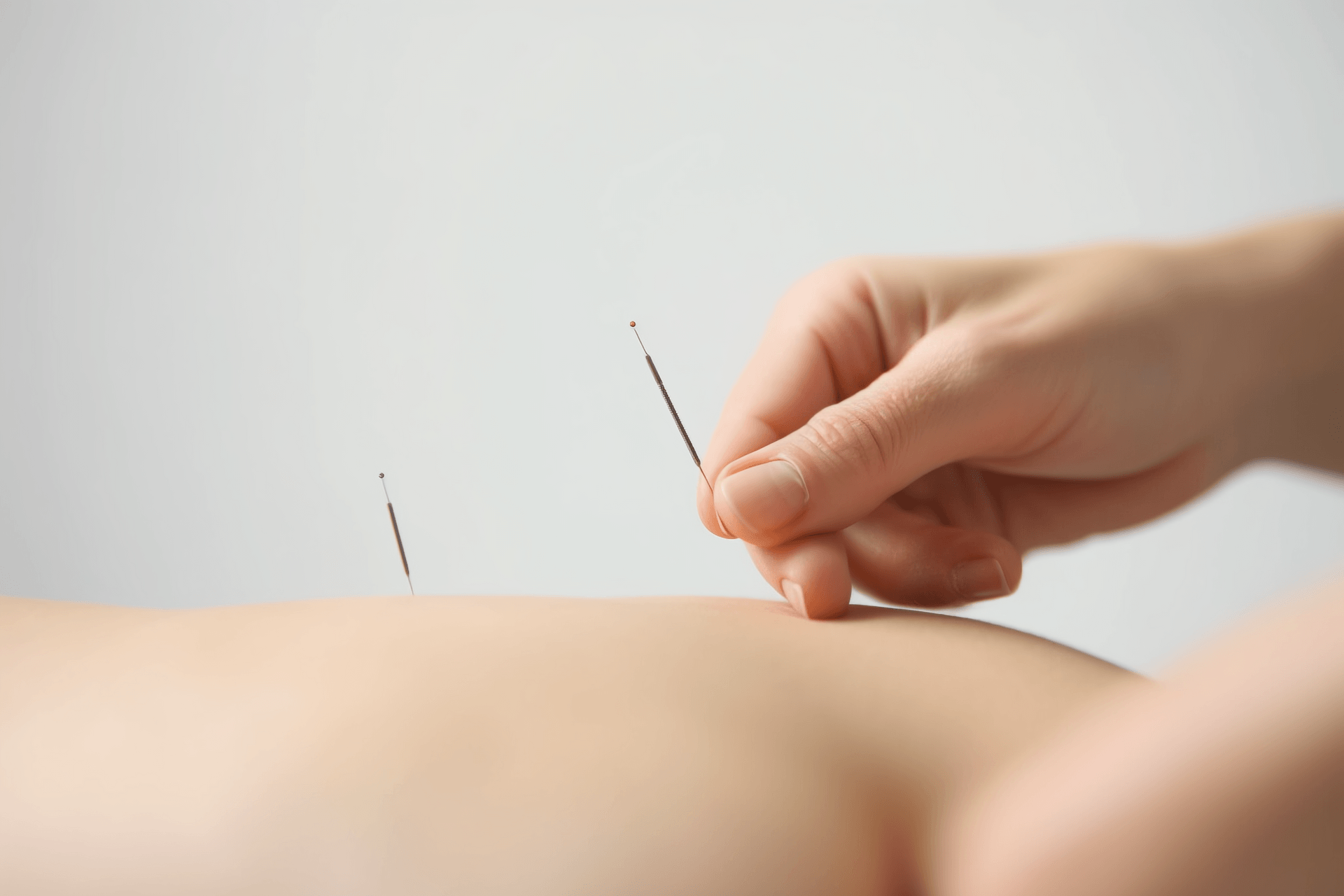 Decoding the Characteristics and Pros/Cons of Acupuncture for Weight Loss
Decoding the Characteristics and Pros/Cons of Acupuncture for Weight LossWeight loss is almost a thought that everyone has now. Being thin is considered beautiful, and because the quality of life has improved, people consume excessive calories every day without exercise, r
April 11, 2024 -
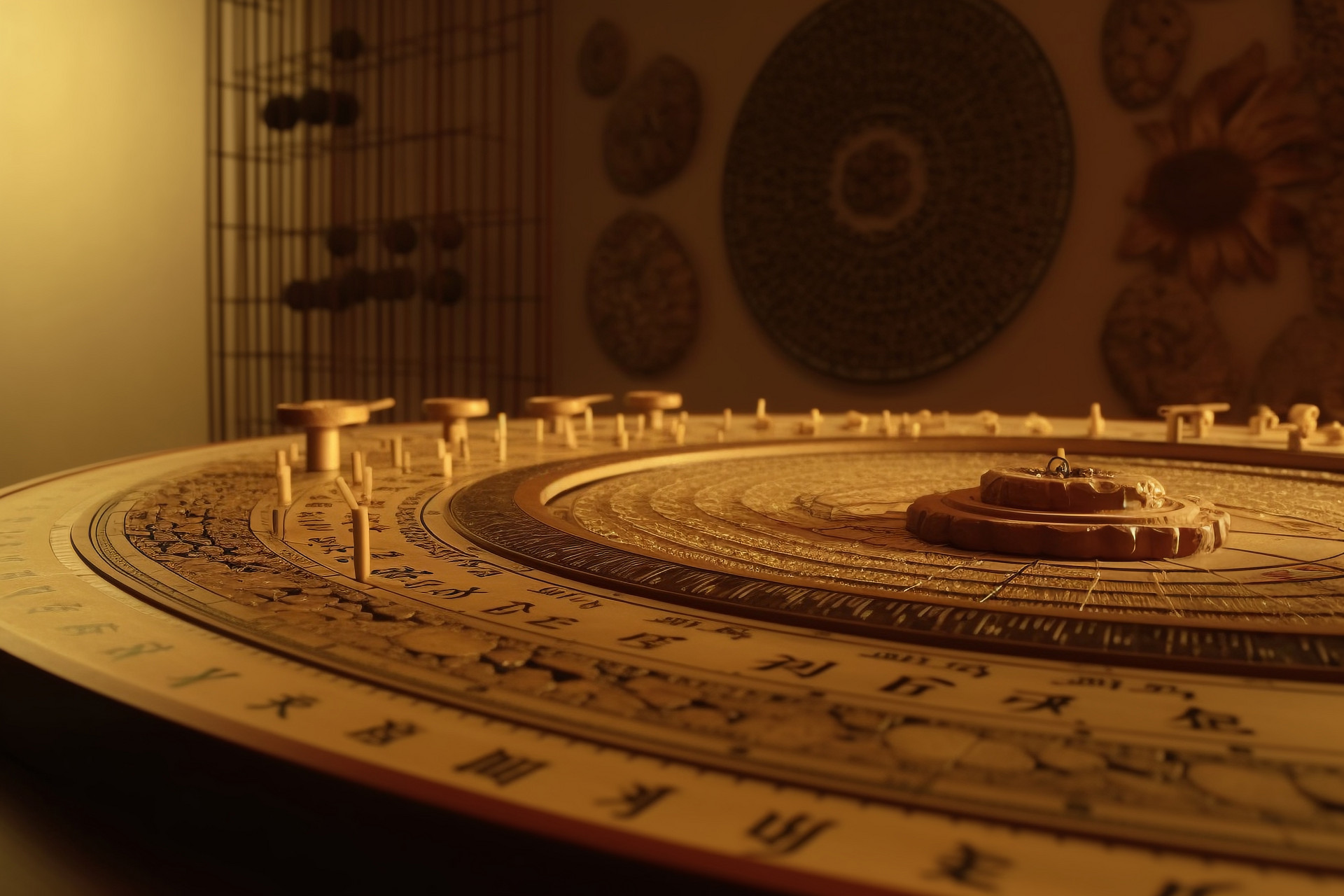 The Effectiveness and Practice of Acupuncture in Traditional Chinese Medicine
The Effectiveness and Practice of Acupuncture in Traditional Chinese MedicineAcupuncture is a form of traditional Chinese medicine that has unique effects in treating many diseases, including facial paralysis. It is important to have a proper understanding of acupuncture and n
March 29, 2024

Hot Picks
-
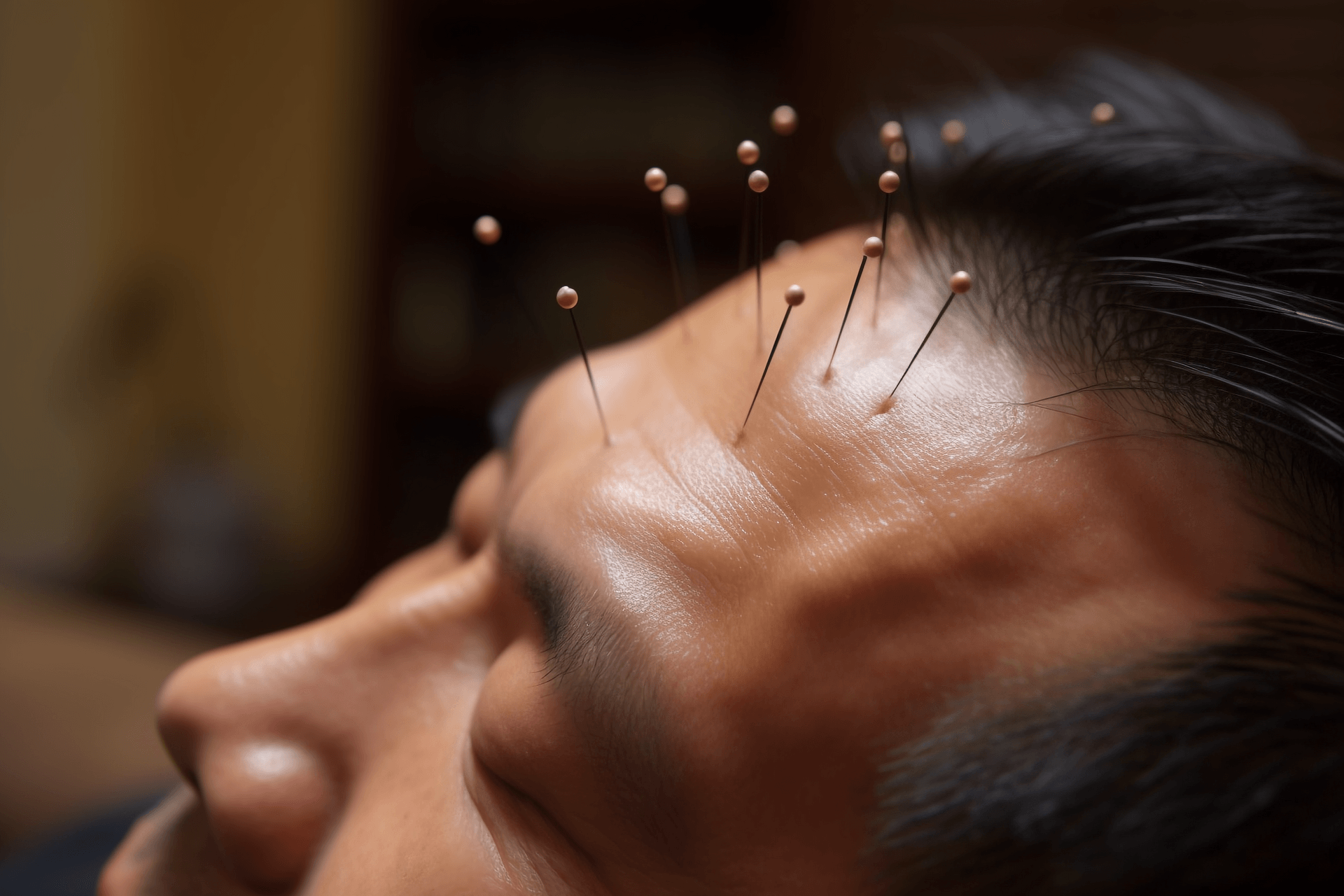 1Understanding Acupuncture Allergy: Causes, Symptoms, Prevention, and Treatment
1Understanding Acupuncture Allergy: Causes, Symptoms, Prevention, and TreatmentAcupuncture is one of the ancient healing methods in China that has been passed down to the present day. Acupuncture mainly uses the stimulation of needle insertion to trigger reflexes in the brain, w
April 13, 2024 -
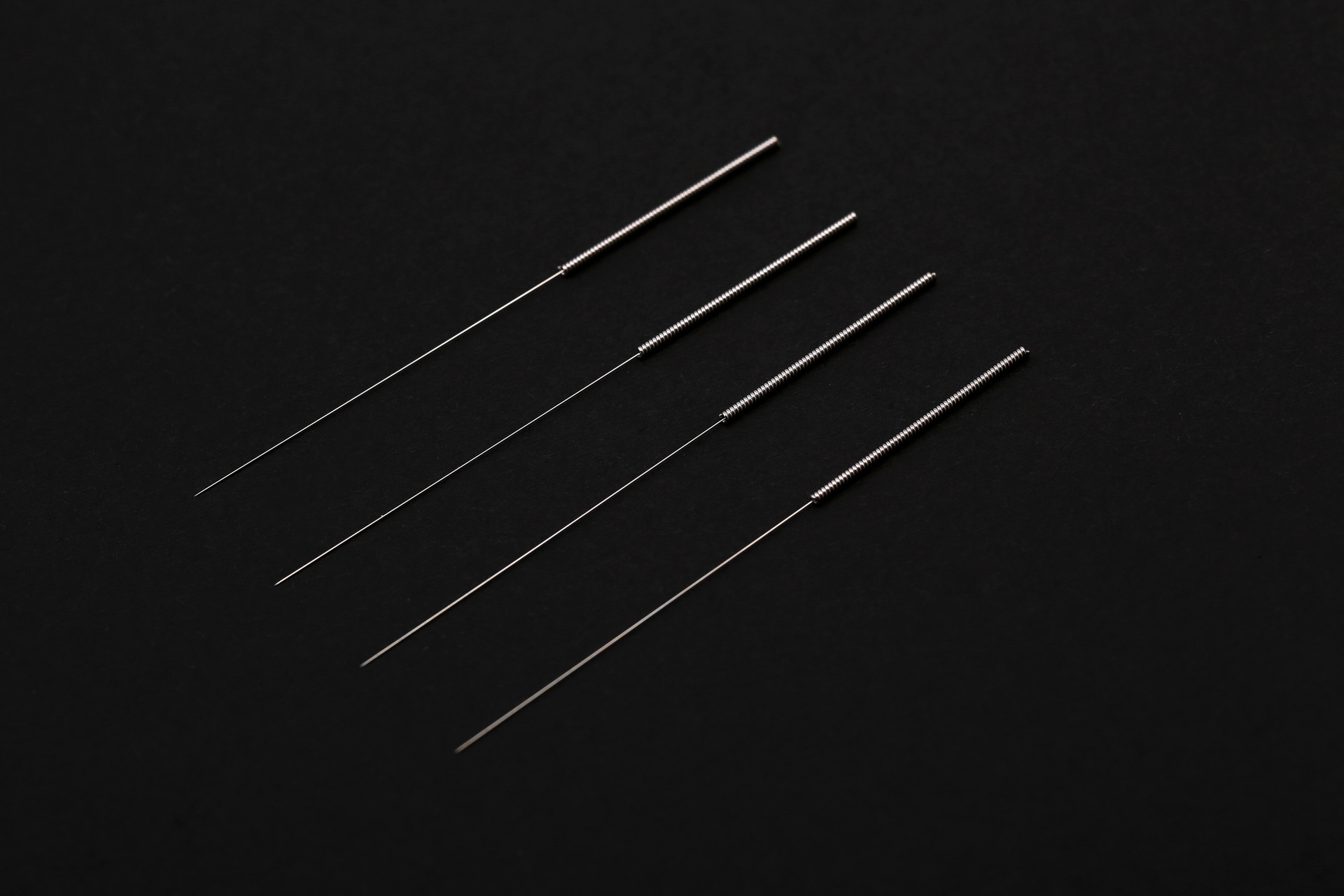 2The Slimming Secret: Traditional Chinese Acupuncture for Effective Weight Loss
2The Slimming Secret: Traditional Chinese Acupuncture for Effective Weight LossWe are all pursuing the perfect figure, especially in summer, when having a good body is crucial. Although each of us has our own set of weight loss methods, I think we can try traditional Chinese acu
April 12, 2024 -
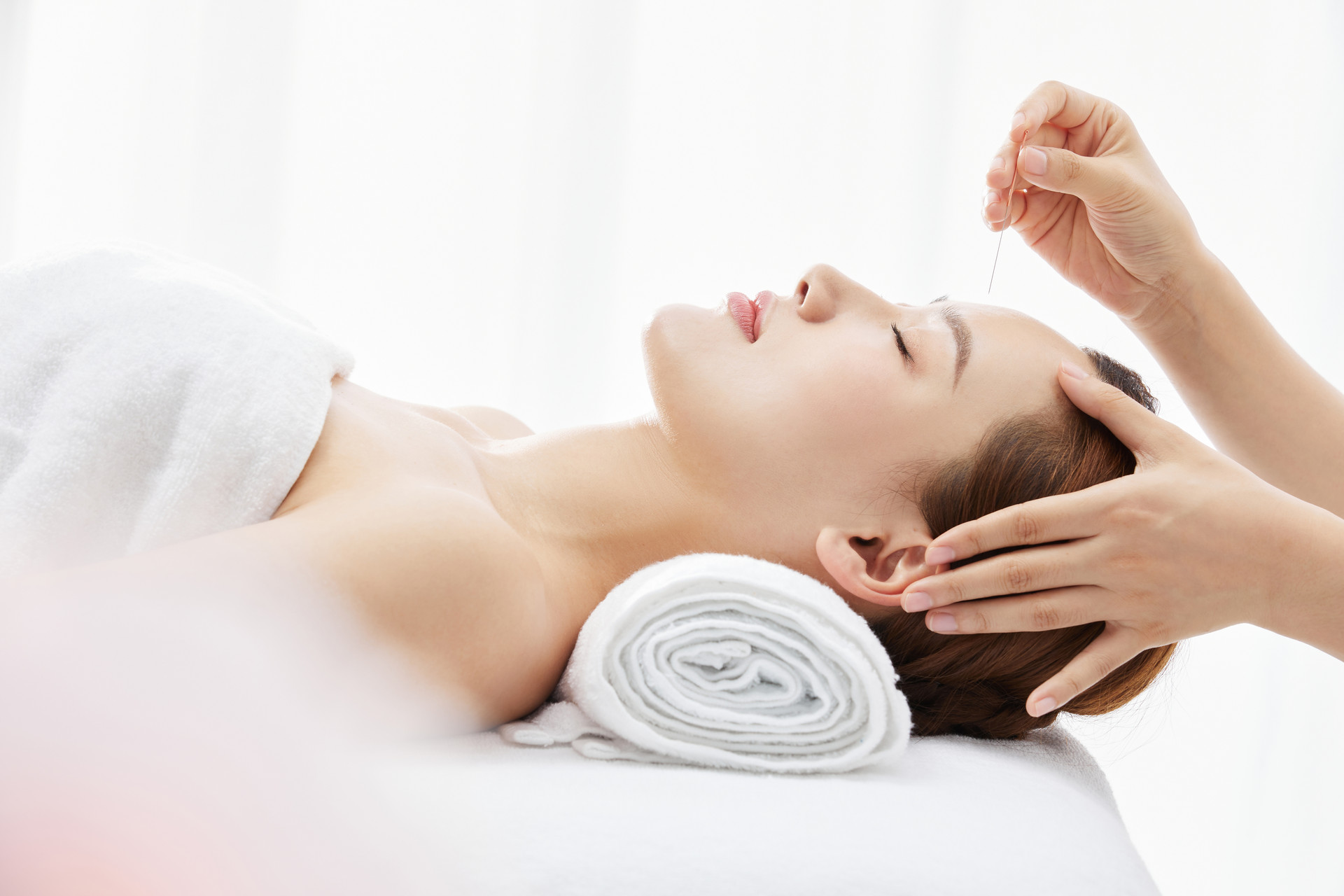 3Acupuncture: A Natural Approach to Alleviating Menopausal Symptoms
3Acupuncture: A Natural Approach to Alleviating Menopausal SymptomsEveryone is familiar with menopause, which is common in women. During menopause, women often experience irritability and mood swings. But how can we treat menopausal symptoms? How can we alleviate men
April 7, 2024 -
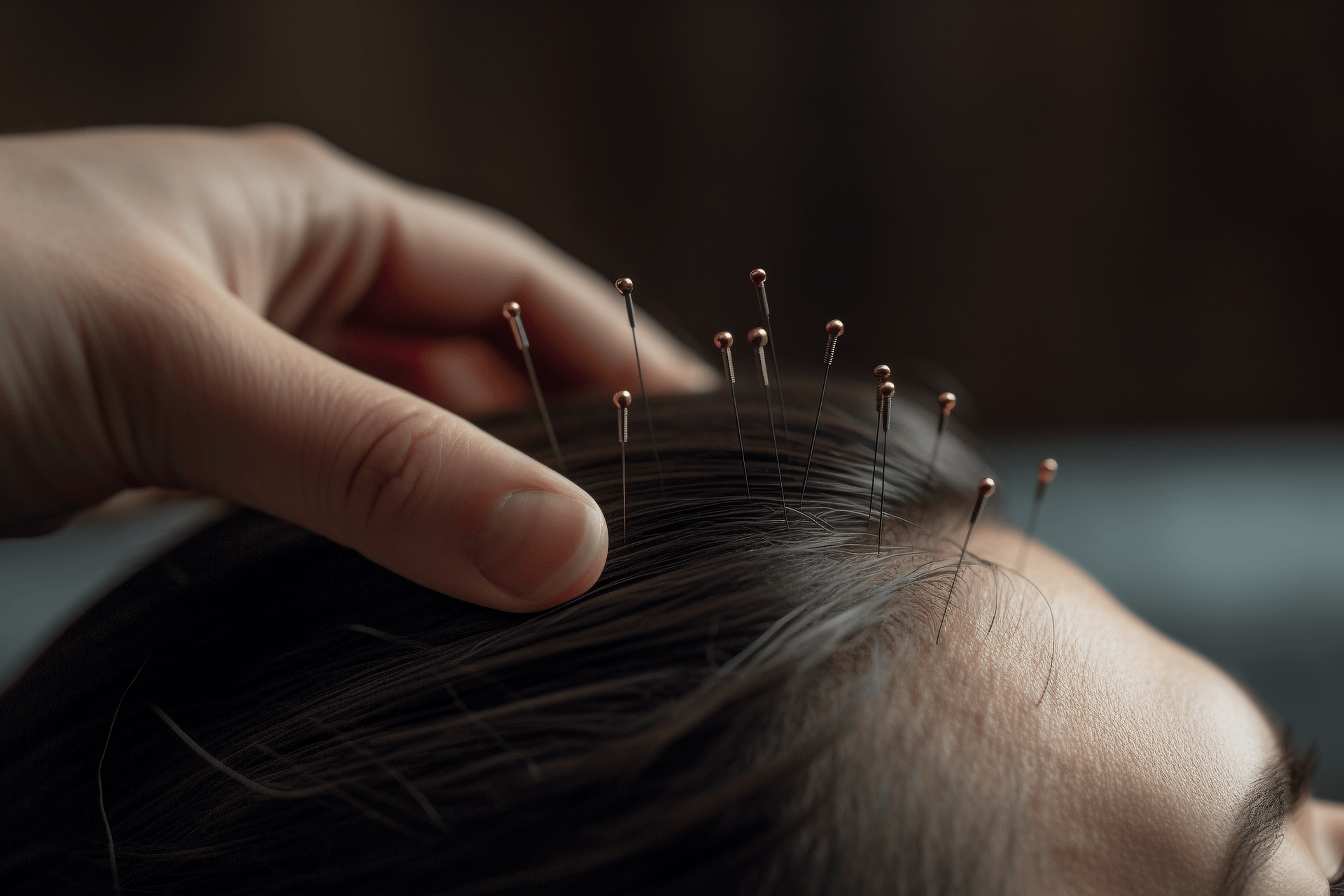 4Traditional Chinese Medicine Acupuncture for Weight Loss: Principles, Effects, and Misconceptions
4Traditional Chinese Medicine Acupuncture for Weight Loss: Principles, Effects, and MisconceptionsWith the continuous changes in lifestyle, more and more people are becoming obese due to poor eating habits. Traditional Chinese medicine acupuncture has a good effect on weight loss. Many obese patie
March 29, 2024 -
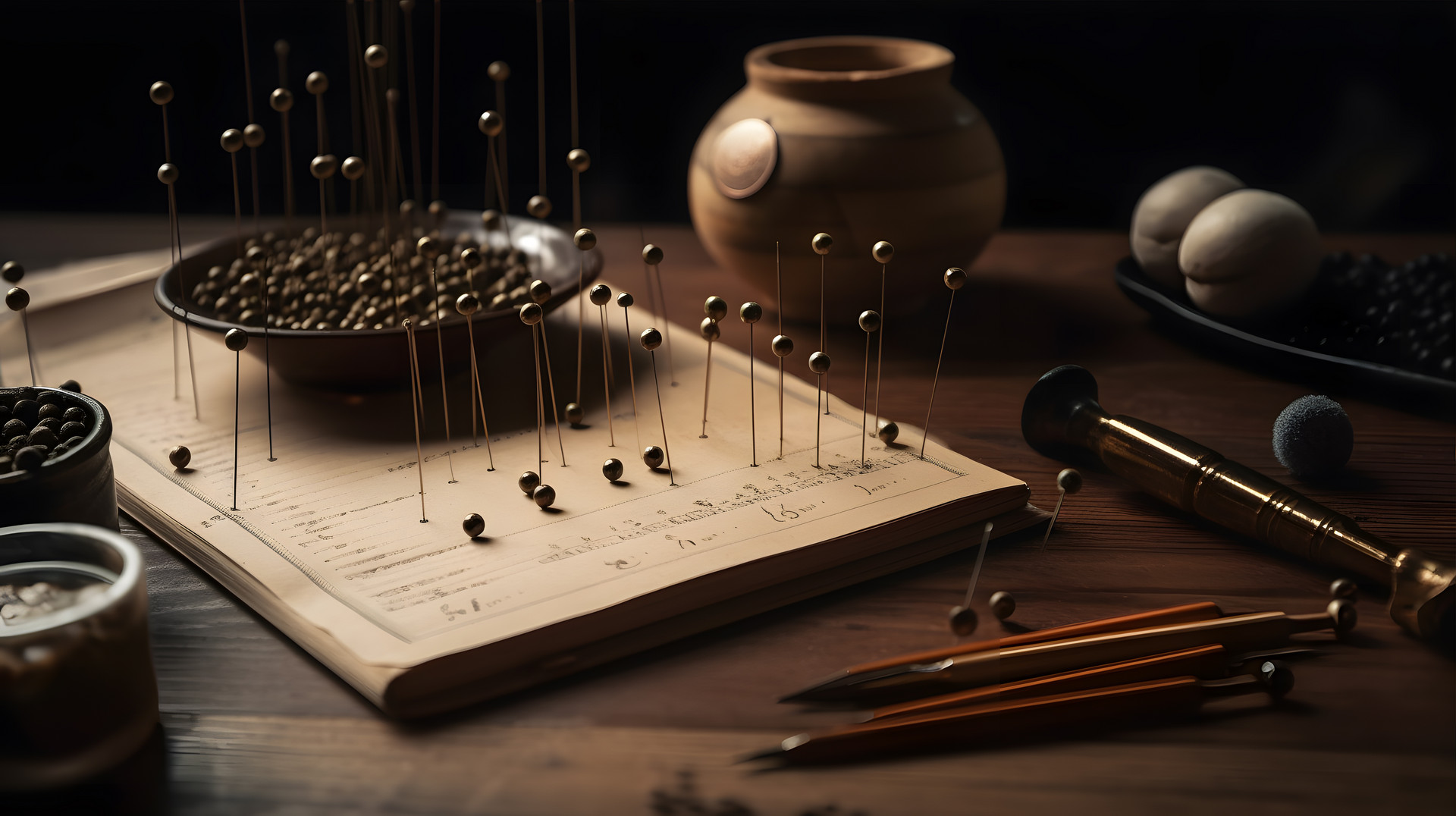 5Exploring the Ancient Art: The "Blood Letting" Technique in Traditional Acupuncture
5Exploring the Ancient Art: The "Blood Letting" Technique in Traditional AcupunctureTable of Contents:Chapter 1: Understanding the "Blood Letting" Technique in Traditional AcupunctureChapter 2: Acupuncture Treatment for Hypertension: Various Acupoints to ConsiderChapter 3: Acupunc
March 28, 2024

